

We may earn revenue from the products available on this page and participate in affiliate programs. Learn More ›
Home Advice You Can Trust
Tips, tricks & ideas for a better home and yard, delivered to your inbox daily.
Ranges
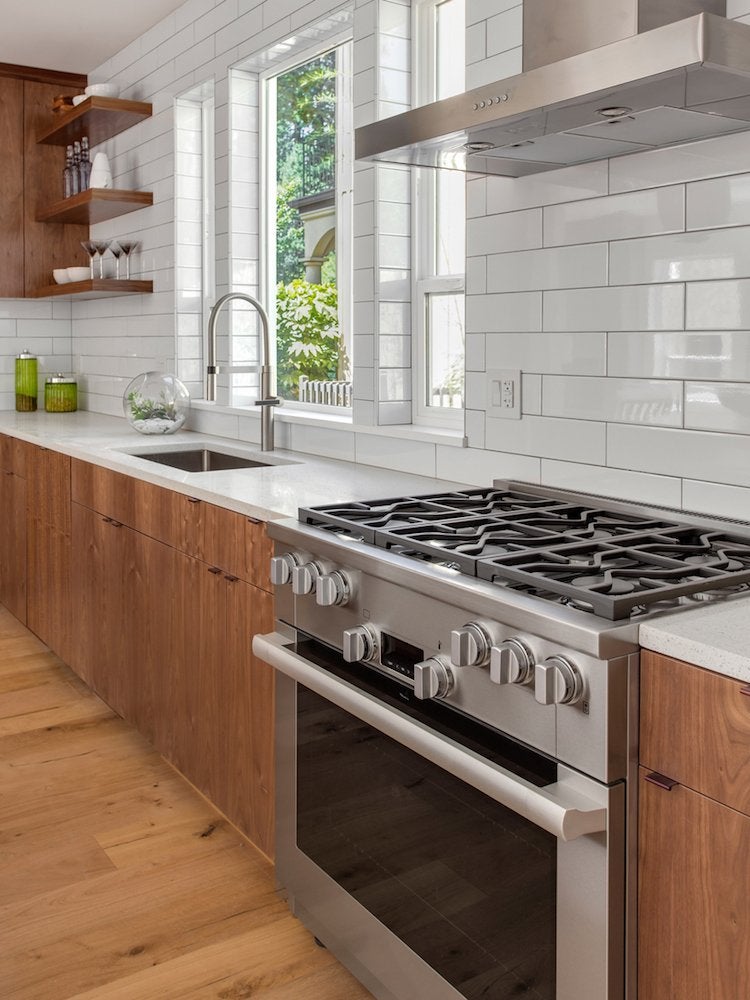
A gas range has the longest life expectancy of most major kitchen appliances, coming in at about 15 years. Electric ranges are not far behind, with an expected lifespan of 13 years, according to the National Association of Home Builders (NAHB). The range hood, which is typically installed over the range to trap grease particles and cooking odors, lasts about 14 years.
Refrigerators
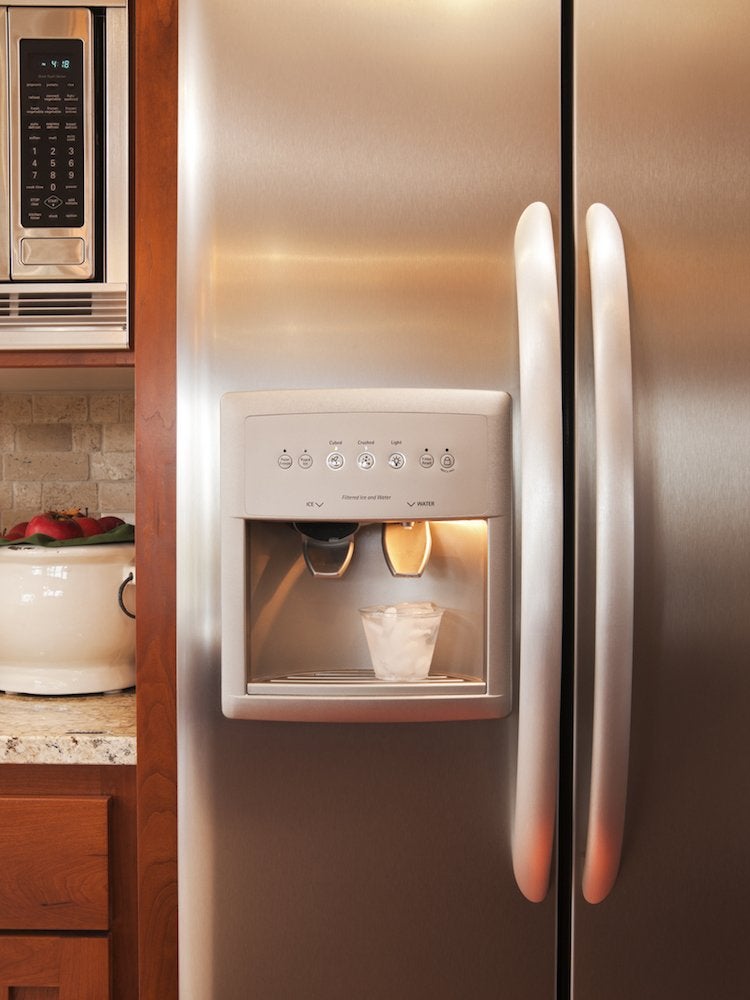
Refrigerator technology is constantly changing as manufacturers devise more energy- and space-efficient methods of keeping food fresher for longer. Standard refrigerators can be expected to last about 13 years; compact models typically last about nine years. But replacing an older model sooner might actually save you money in the long run. According to the U.S. Department of Energy, a new refrigerator with an Energy Star label uses at least 15 percent less energy than non-qualified models, 20 percent less energy than required by current federal standards, and 40 percent less energy than a model sold in 2001.
Freezers
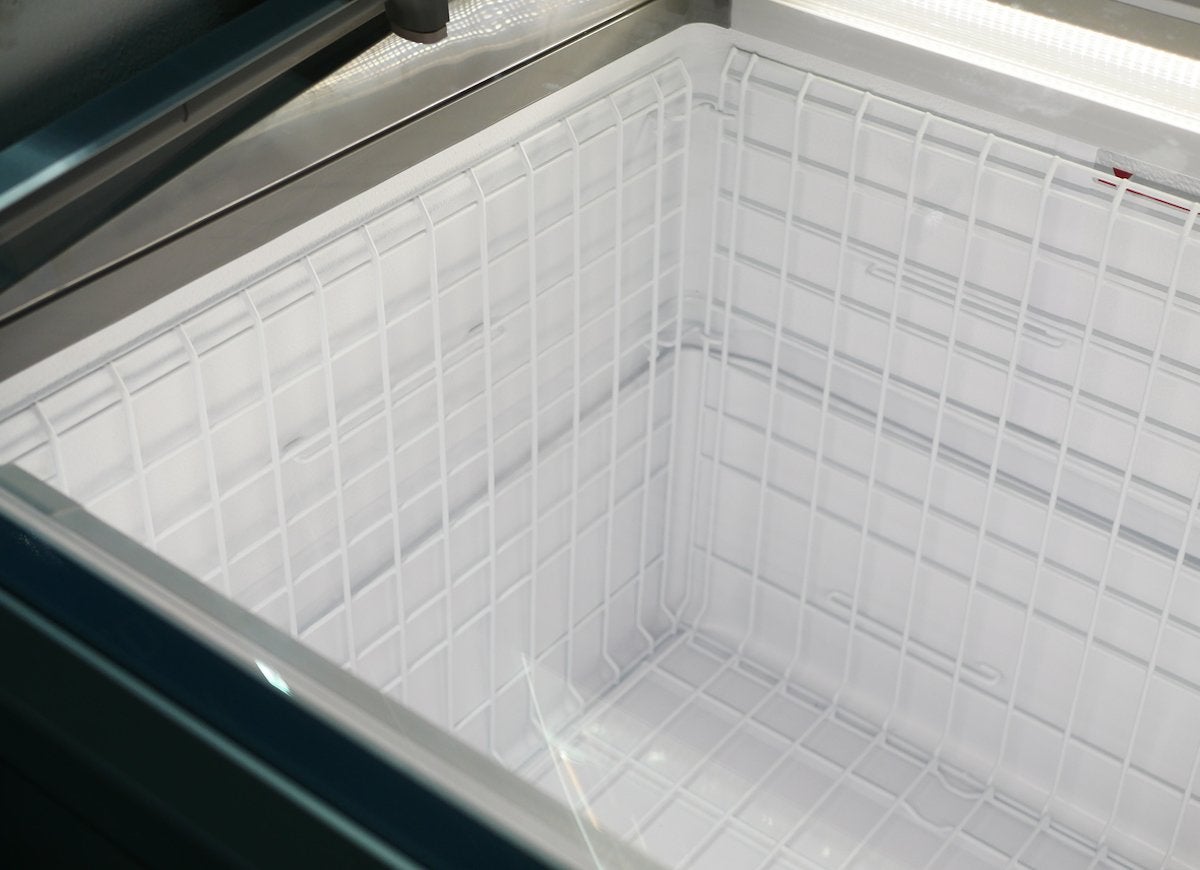
Many homeowners enjoy the convenience of a separate freezer, either an upright or chest model. Today’s freezers have a lifespan of up to 20 years, but they average about 11 years, according to the NAHB. To maximize your freezer’s efficiency, invest in a model with an automatic defrosting cycle, or manually defrost it on a regular basis to ensure that there is never more than a quarter-inch of frost.
Dishwashers
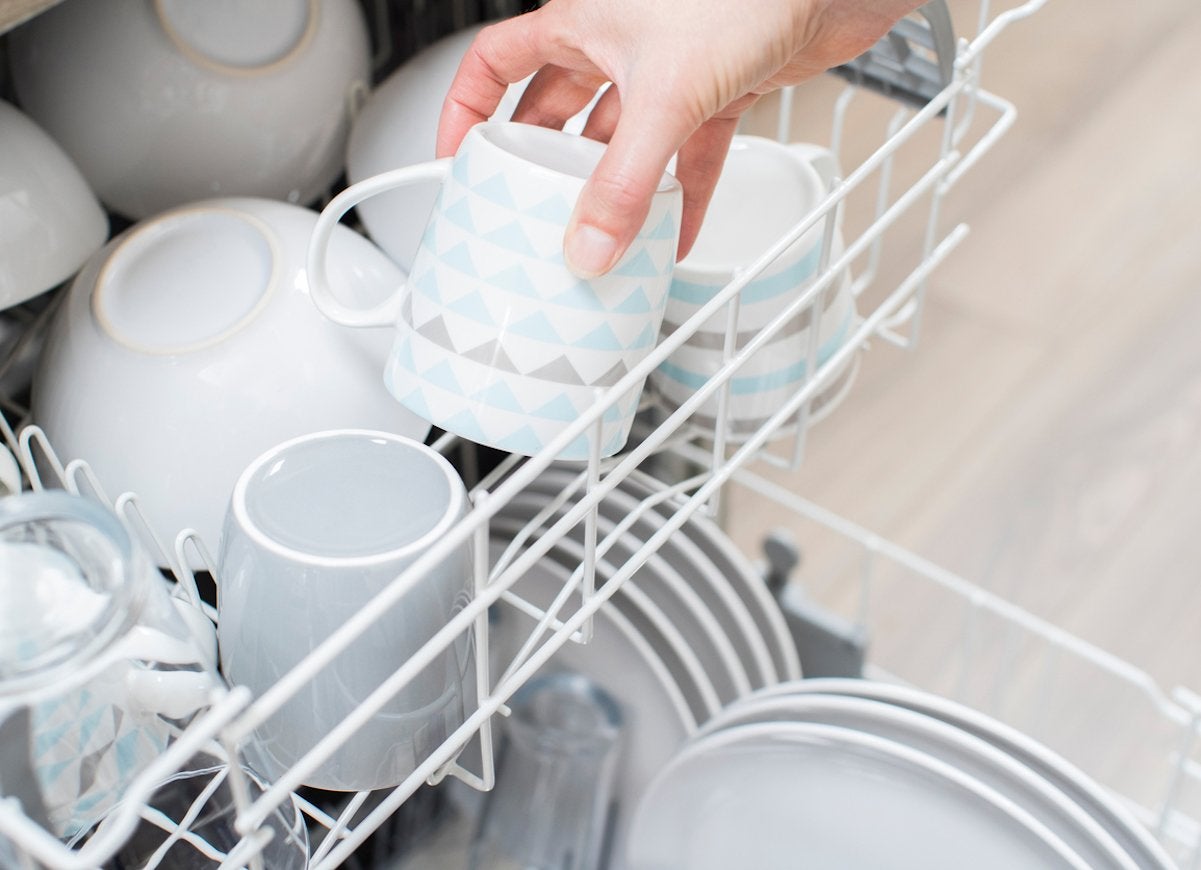
An efficient dishwasher can offer homeowners a huge savings in time, energy, and water. The downside is that these kitchen helpers need to be replaced after about nine years, on average. There is a silver lining to this short lifespan, though: A new Energy Star-certified model uses substantially less water—4.25 gallons per cycle or less—compared with older models that may use more than 10 gallons of water per cycle. And, according to the Association of Home Appliance Manufacturers, an average dishwasher manufactured in 1991 consumes more than twice the electricity that a newer model uses.
Microwave Ovens
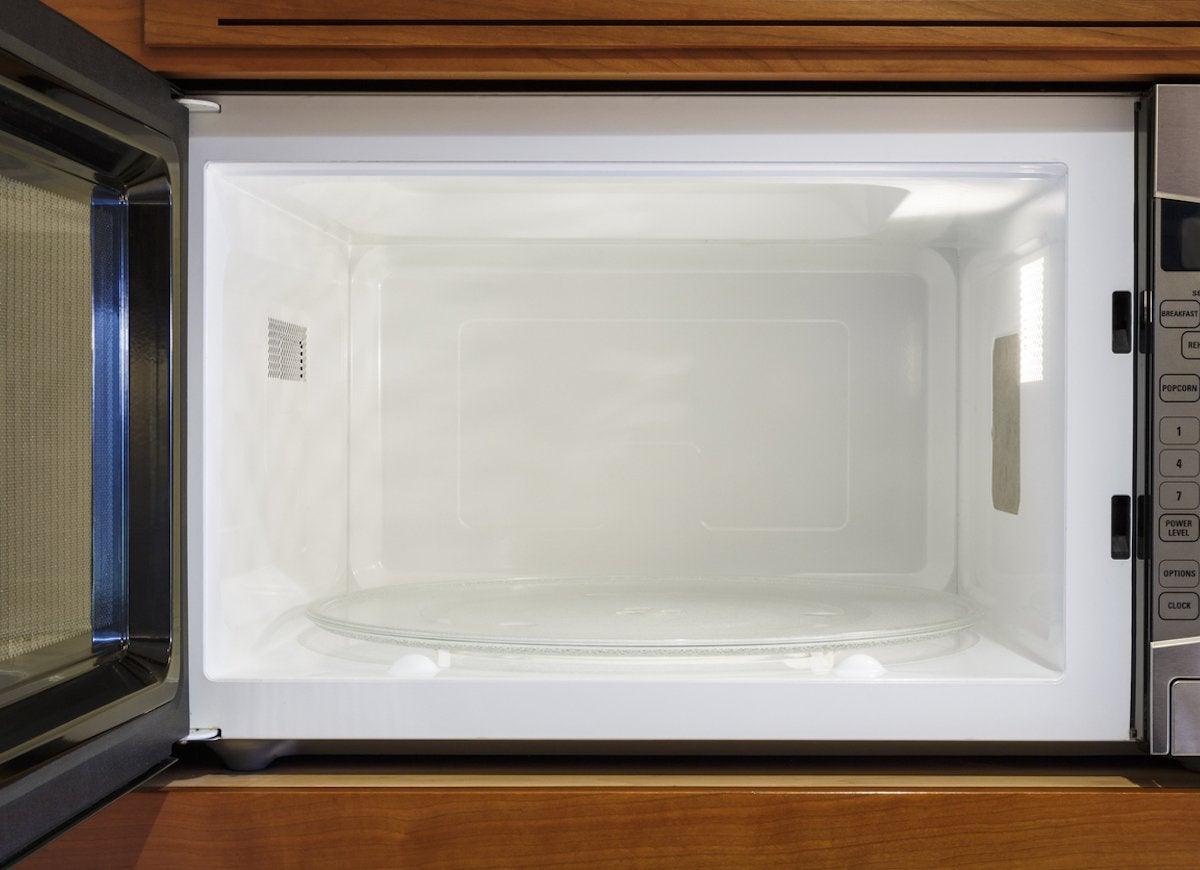
Microwave ovens are a miracle of modern food preparation, but unfortunately they don’t last all that long. A microwave can be expected to last anywhere from five to 10 years, with an average lifespan of nine years, according to the NAHB.
Trash Compactors and Garbage Disposals
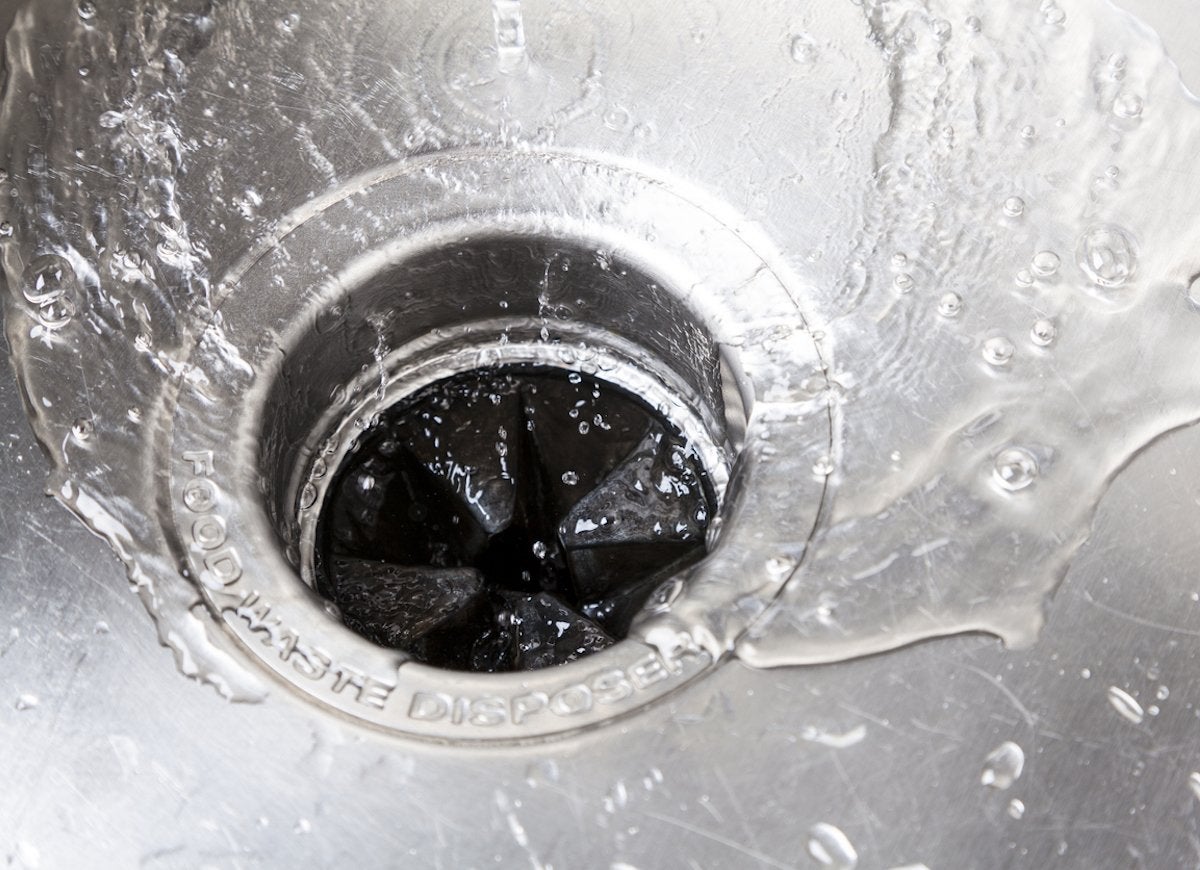
Trash compactors are among the shortest-lived kitchen appliances, with an average lifespan of about six years. Garbage disposals, on the other hand, can be expected to keep grinding away for an average of 12 years if they’re properly used and maintained.
Washing Machines
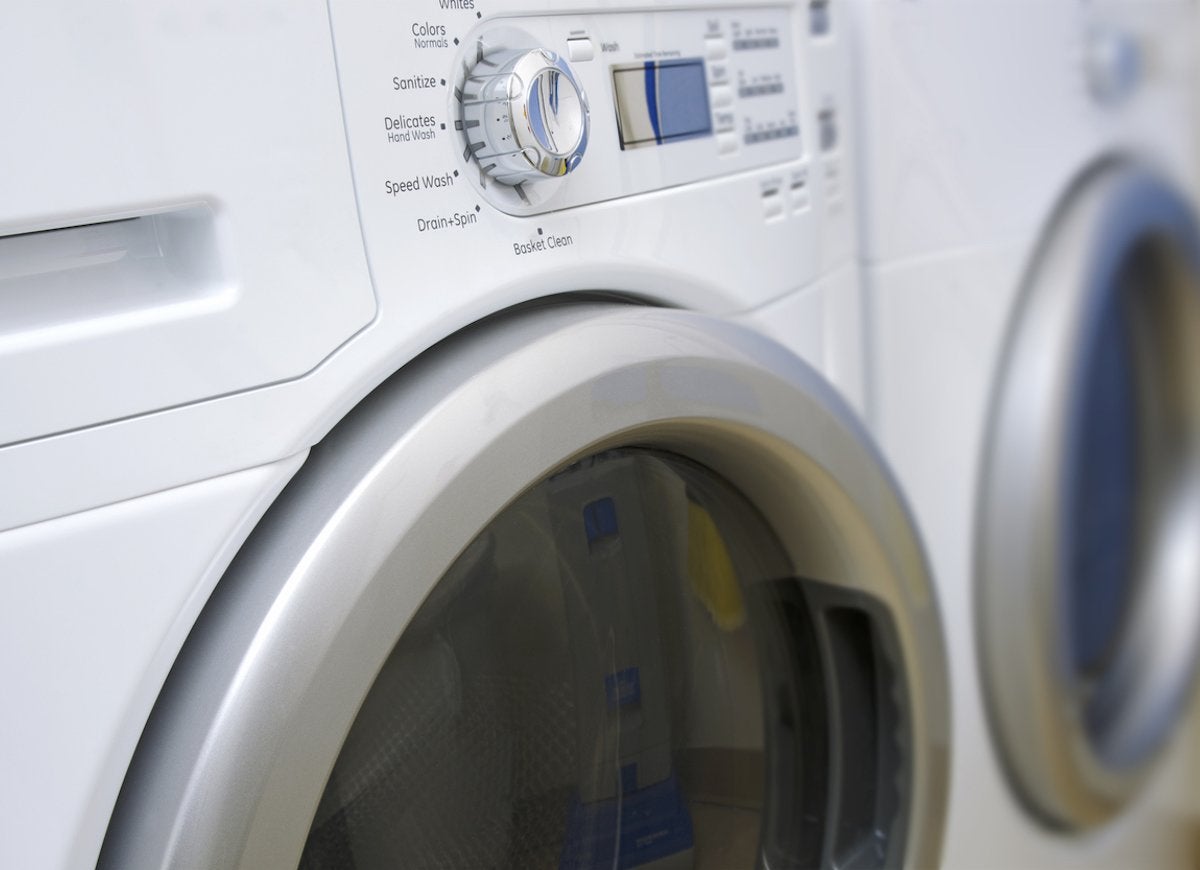
Washing machines have an average lifespan of about 10 years, according to the NAHB. To extend your washer’s longevity, wash only when you have a full load. This cuts down on the number of cycles the machine runs each year, and it also saves water and energy. Regular maintenance, including cleaning the trap or filter and replacing hoses as needed, can also help stretch a washer’s lifespan.
Dryers
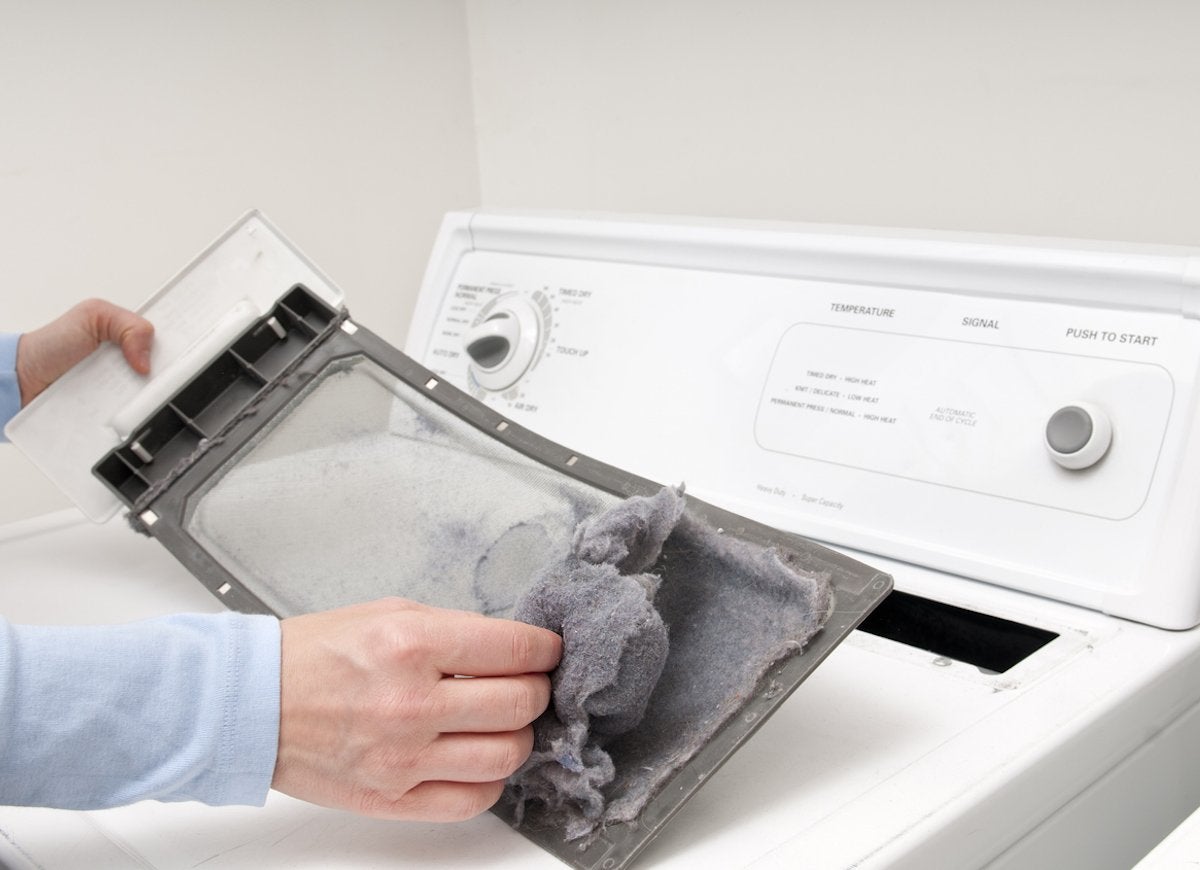
Both electric and gas-powered clothes dryers have the same functional lifespan, an average of 13 years. Regularly cleaning the lint filter and ducts will help your dryer run more efficiently (and safely), and increase its longevity.
Furnaces
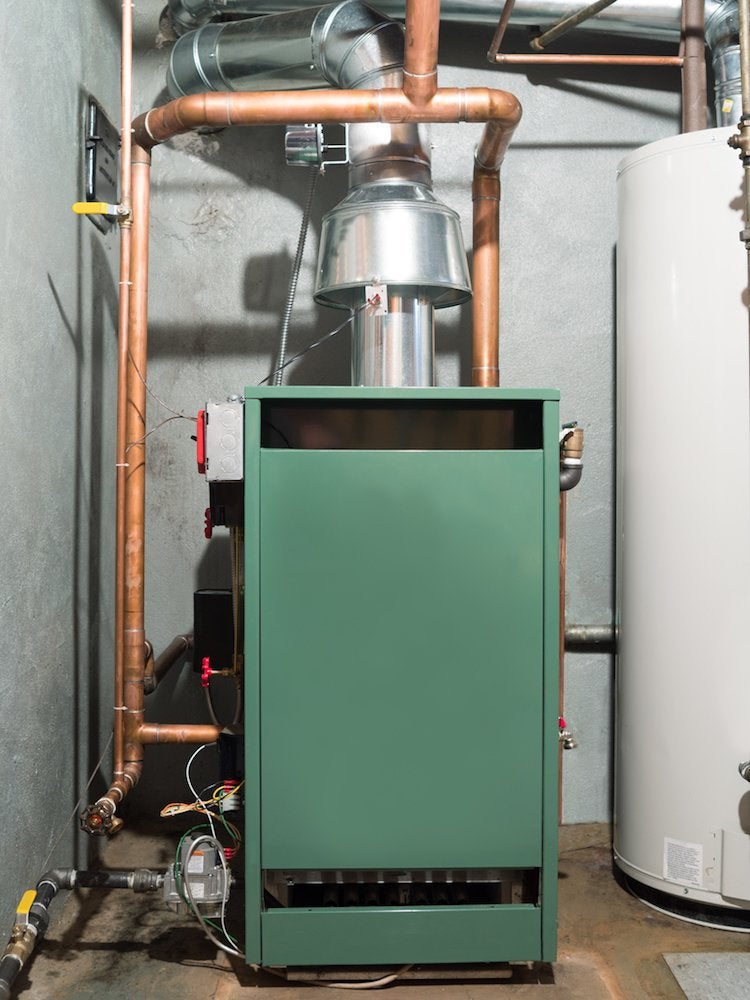
Most modern furnaces will last 15 to 20 years, depending on the model and fuel source. Oil-fueled furnaces last the longest, at 20 years. Gas-fired furnaces average about 18 years, and electric furnaces last about 15 years, according to the NAHB. Gas-fired boilers can last about 21 years, electric boilers about 13 years, and heat pumps roughly 16 years.
Water Heaters
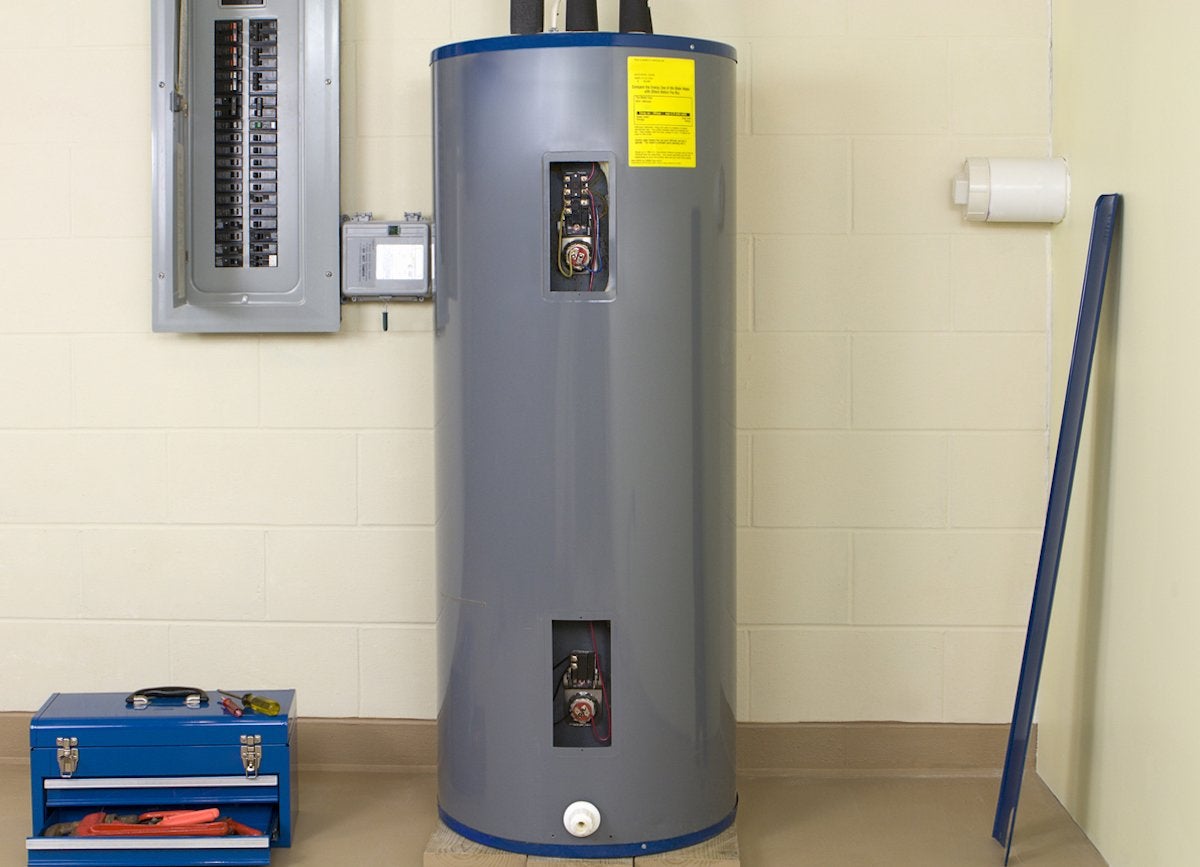
When it comes to estimating the lifespan of your water heater, the type of heater really matters. Tankless models, also known as on-demand water heaters, have the longest lifespan at 20-plus years. Standard electric water heaters will usually last about 11 years, and gas water heaters last about 10 years.
Air Conditioners
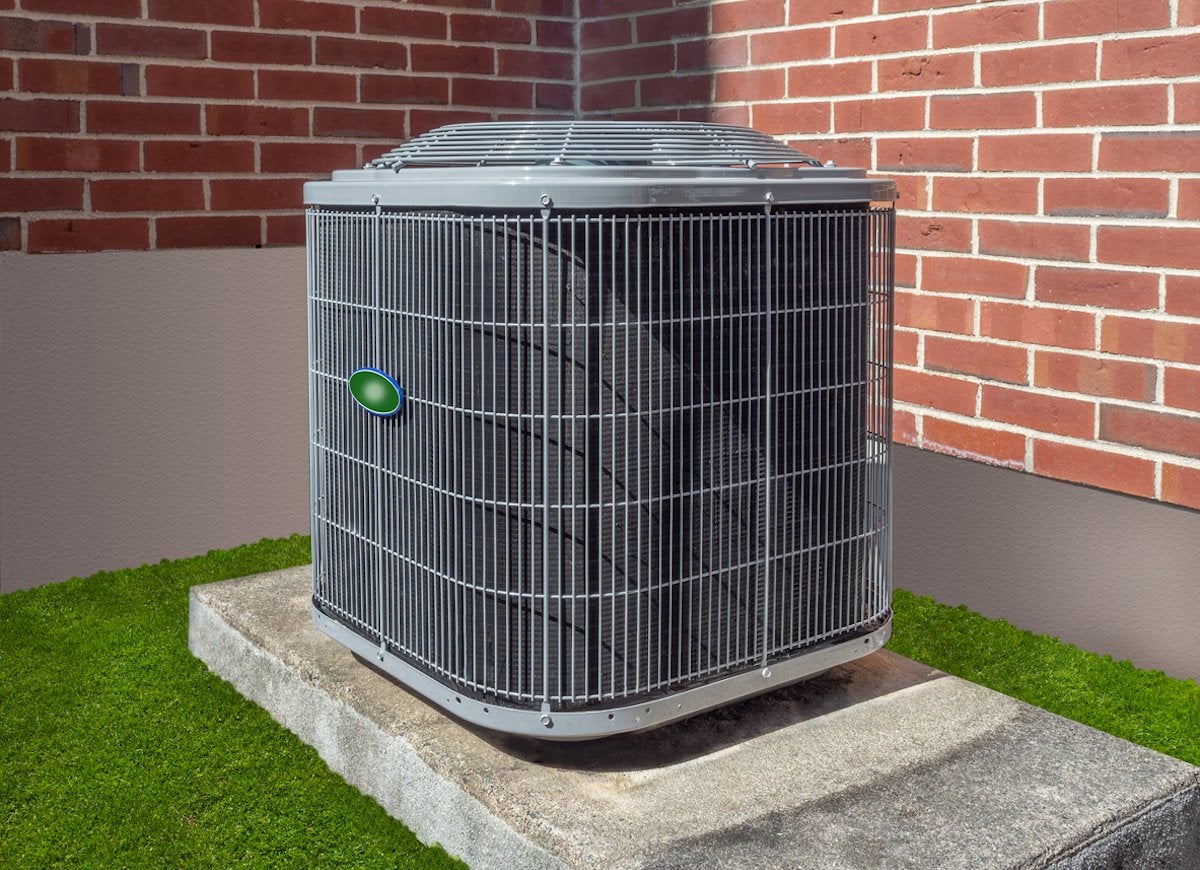
The average life expectancy for an air conditioner is between 10 and 15 years. Central air conditioners typically last about 15 years, while room units last about 10 years. Homeowners can increase an air conditioner’s lifespan by replacing the filters regularly.
Time For a New Appliance?
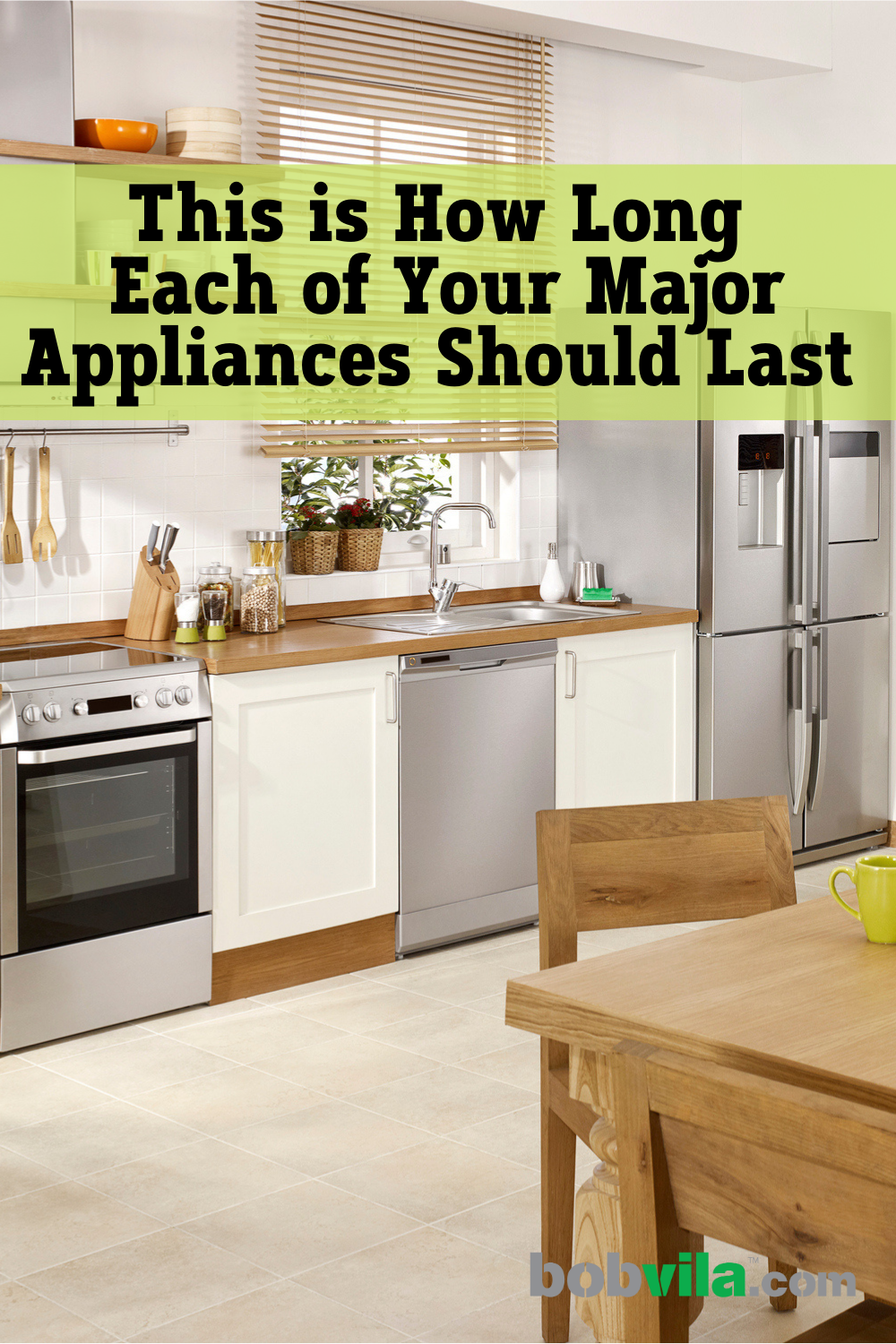
Now you have a better idea before you go shopping for how long your appliances should last.

I Made This One Smart Investment to Ensure My Plumbing and Appliances Last Longer
When I replaced my 15-year-old water softener, I did not anticipate exactly how much more efficient and intuitive this new model from Culligan would be.